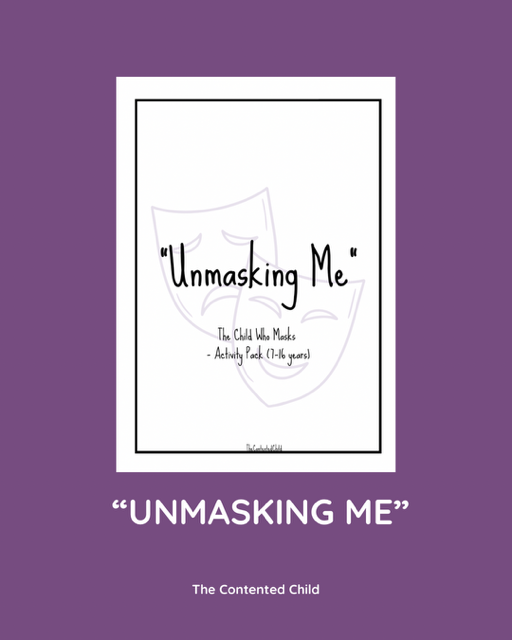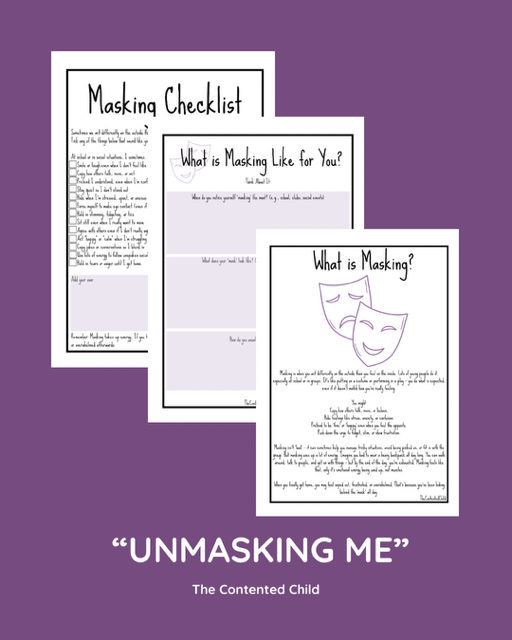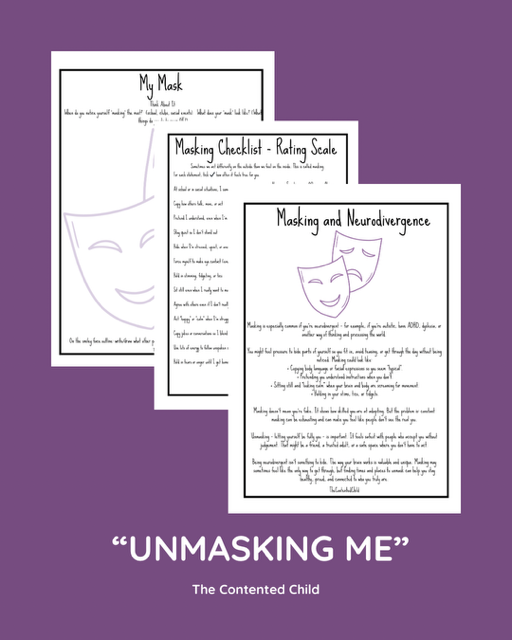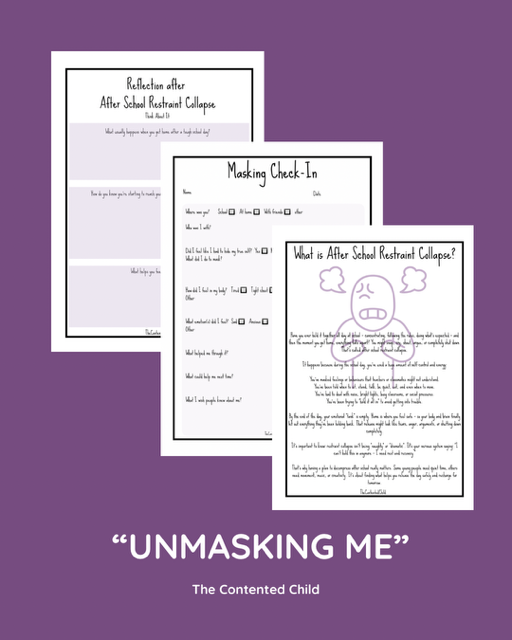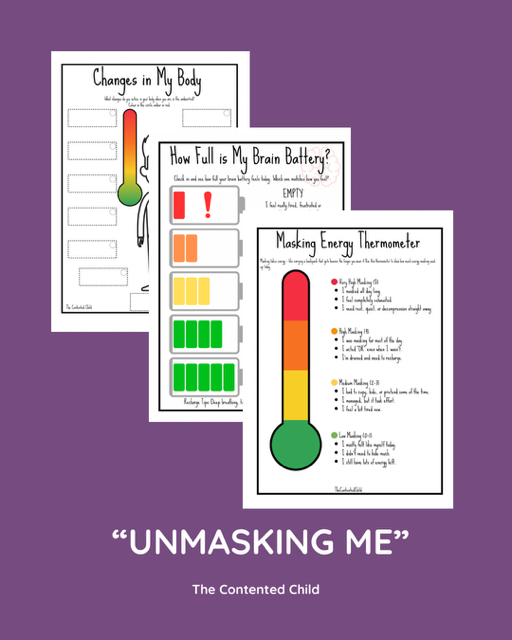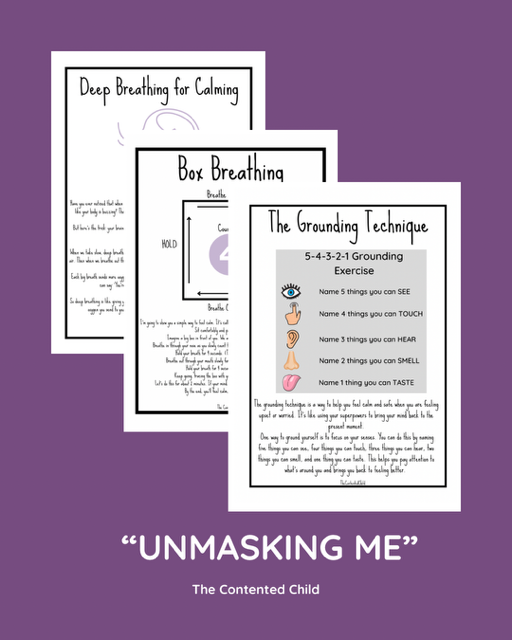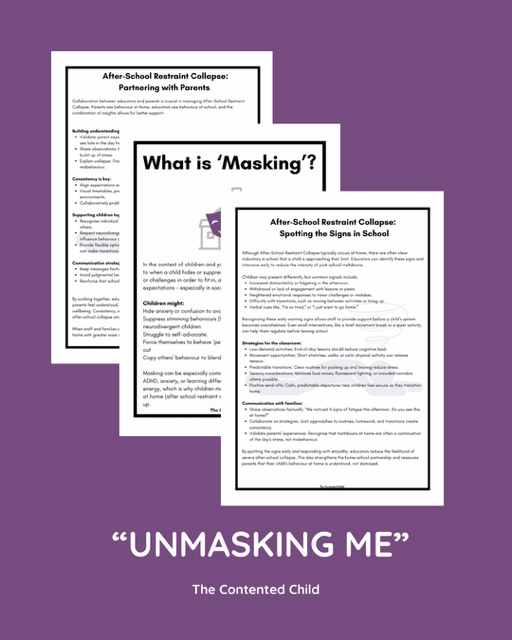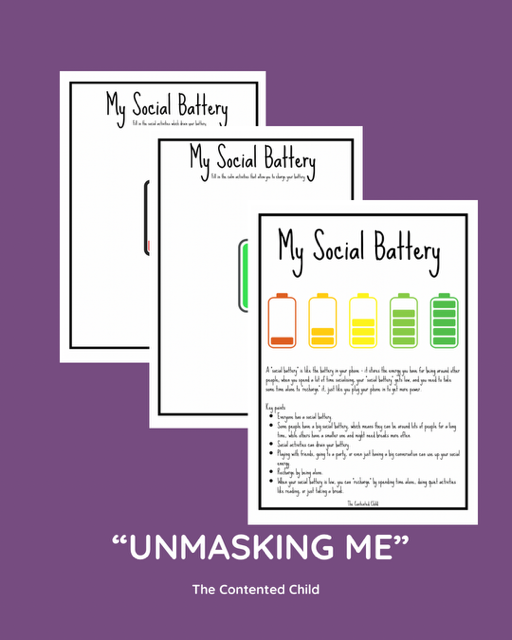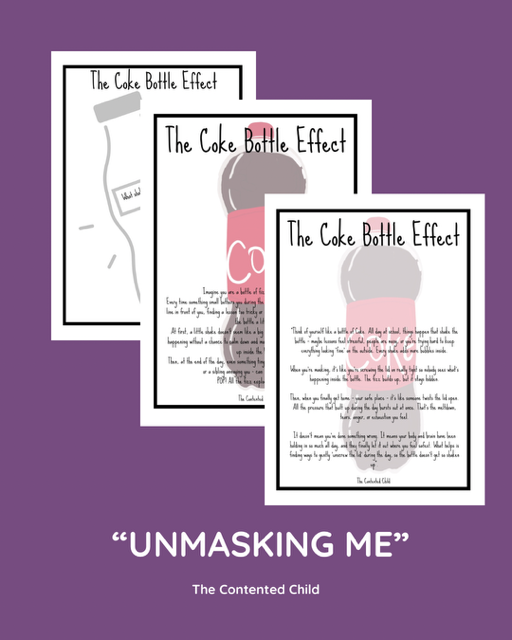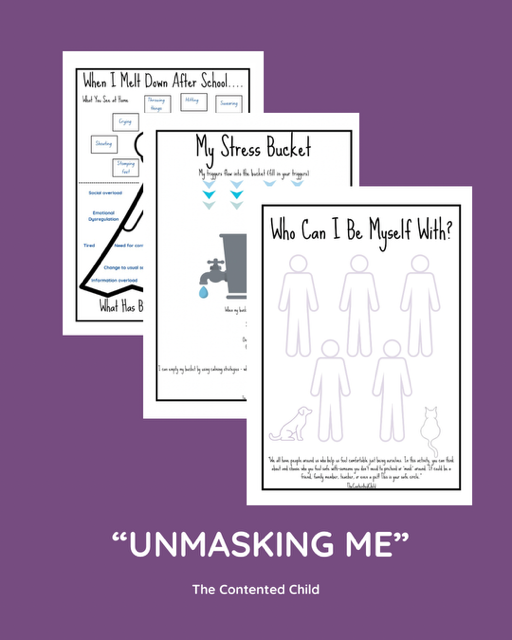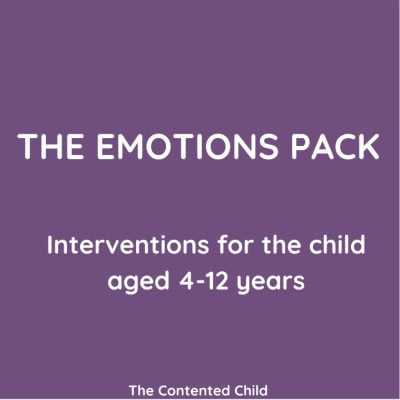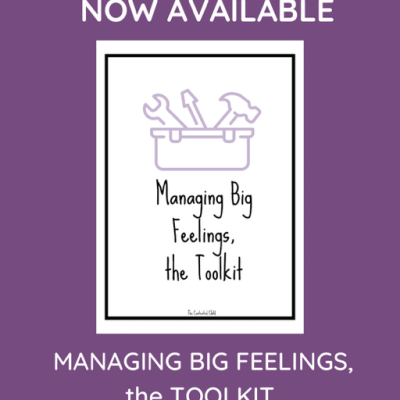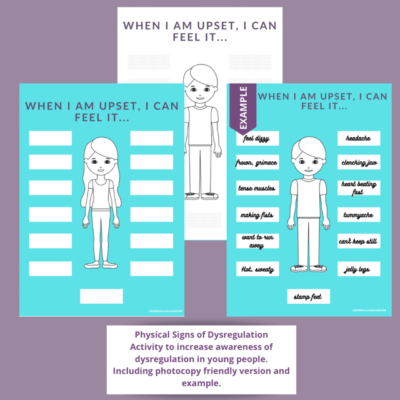Description
Masking is when a child hides their true feelings or behaviours to blend in or avoid judgement. It can look like they’re coping well, but inside it’s often exhausting and overwhelming. Over time, constant masking can lead to stress, burnout, and a decline in mental health. That’s why support is so important — children need safe spaces where they can be themselves, without fear of being misunderstood.
This can also provide evidence towards an assessment.
The activity pack comprises –
Section 1 – Understanding Masking
What is Masking? – child-friendly explainer (with relatable examples).
Masking and Neurodivergence – explainer that acknowledges ND identity in a positive, affirming way.
Why Do I Mask? – simple worksheet with prompts like: When do you notice yourself ‘masking’ the most? (e.g., school, clubs, social events)
What does your ‘mask’ look like? (What things do you do to seem OK?) How do you usually feel afterwards?
Section 2 – Spotting the Signs
Masking Behaviours – Activity
Checklist of Masking Behaviours – things they may do at school, clubs, or social events.
Masking Check-In – reflection sheet.
Masking Energy Thermometer – visual scale to show how much energy masking has used that day.
Section 3 – After School Restraint Collapse
What is After School Restraint Collapse? – child-friendly explainer.
How I Feel at School vs. At Home – drawing or written activity.
Body Signals Prompt and Activity – noticing where stress builds up in the body.
Section 4 – Finding Your Strategies
Decompression Menu – list of calming ideas (sensory, creative, movement, quiet).
After School Recharge Plan – activity to design their own “strategy wheel” or toolbox.
Range of discreet calming strategies (useful for in school)
Section 5 – Celebrating the Real Me
The Strengths Behind My Mask – activity to identify hidden strengths.
The Things I Love – page for self-expression (drawing, doodles, words).
Neurodivergence is… – positive affirmations and “finish the sentence” prompts.
Section 6 – Working Together
Safe Person Map – identifying who they can unmask with.
Parent/Educator Guide – short companion sheet with tips on spotting masking, supporting restraint collapse, and encouraging healthy decompression.
Section 7 – Additional Activities
When I Melt Down After School
My Stress Bucket
The Coke Bottle Analogy
My Social Battery
By the end, the child has:
Sometimes we act differently on the outside than we feel on the inside. This is called masking.A language for what masking is.
Tools to spot when they’re masking.
Strategies to decompress safely.
A sense of pride in their authentic self.
A practical support plan with their adults.

